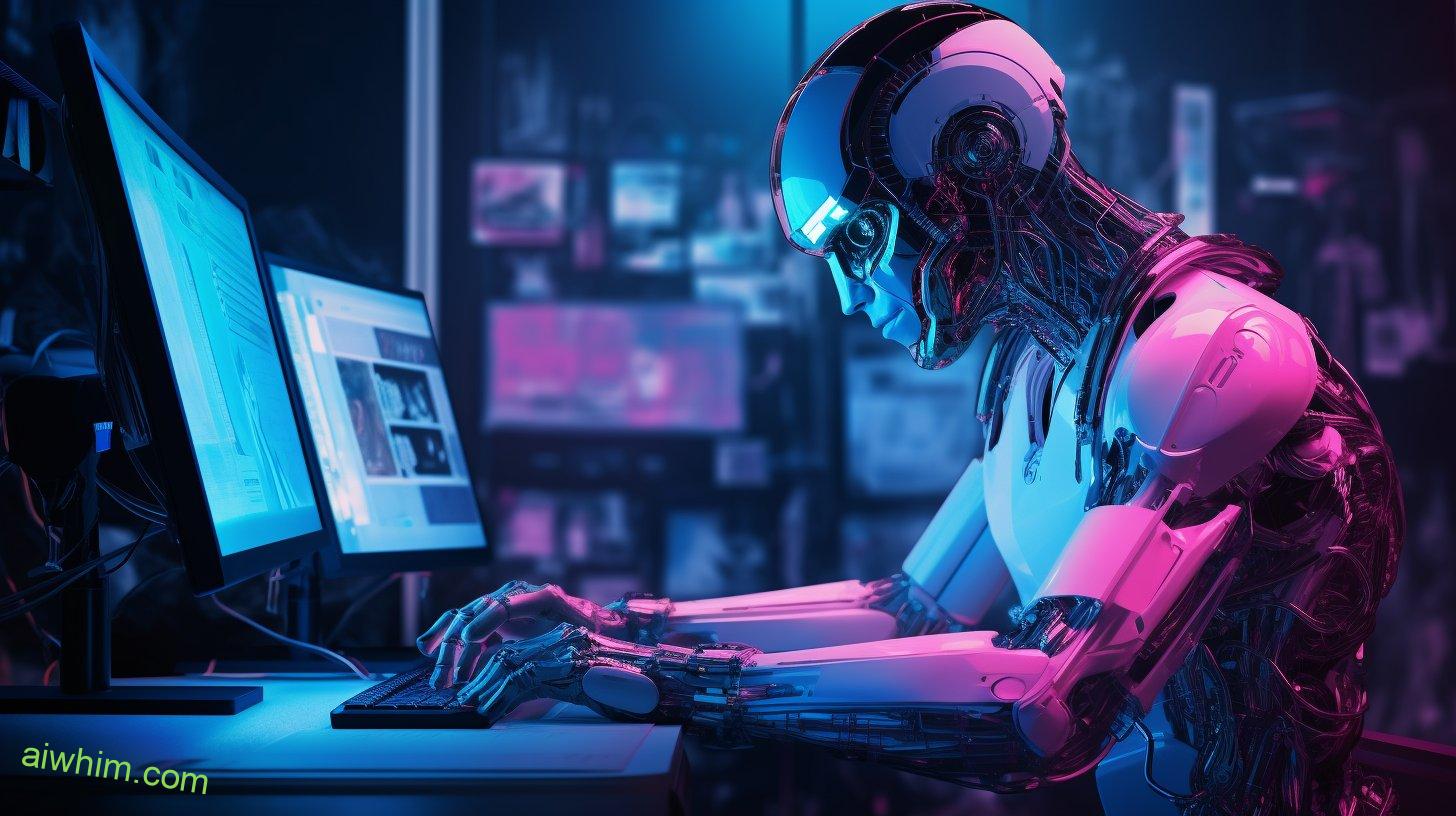In the realm of software testing, artificial intelligence (AI) has emerged as a powerful force that holds the potential to revolutionize quality assurance practices.
This article explores the impact of AI on software quality assurance analysts and examines whether they will be replaced by this advancing technology.
By delving into the rise of AI in software testing, its transformative effects on QA processes, and the benefits and challenges it presents, we aim to shed light on the future prospects of software quality assurance in an era dominated by AI.
Key Takeaways
- AI technology has the potential to replace manual testing services
- AI-driven automation streamlines quality assurance processes
- AI in QA increases efficiency, accuracy, and speed of testing processes
- Automation capabilities of AI may impact certain tasks traditionally performed by human analysts
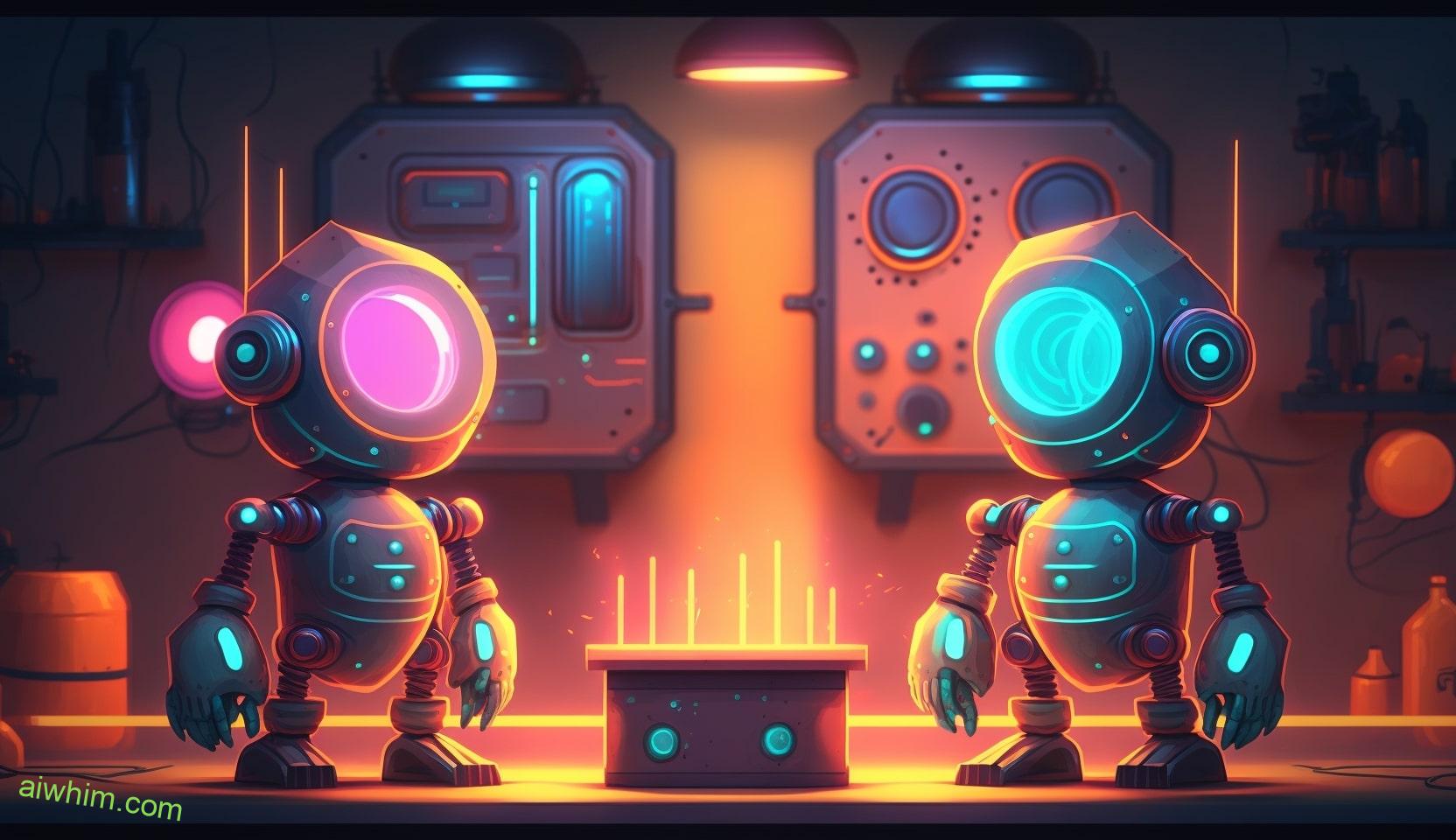
The Rise of AI in Software Testing
The increasing prevalence of artificial intelligence (AI) in the field of software testing has led to discussions regarding its potential impact on the role of software quality assurance analysts. AI technology has the potential to significantly impact the job market for these professionals. With advancements in machine learning and automation, AI systems are becoming increasingly capable of performing complex testing tasks that were previously done by human analysts. This can lead to a decrease in demand for manual testing services, potentially affecting the employment prospects for software quality assurance analysts.
Furthermore, the rise of AI in software testing raises ethical considerations. As automated systems take over testing processes, there is a risk of biased or flawed algorithms being deployed without proper oversight. This could result in inaccurate test results and a decrease in overall software quality. It is crucial to ensure that AI systems used for testing are designed with fairness and transparency in mind, and that they undergo rigorous evaluation to mitigate any potential biases.
Moreover, there are concerns about data privacy and security when using AI-powered tools for software testing. These tools often require access to sensitive information such as user data or proprietary codebases. It is essential to establish robust protocols and safeguards to protect this data from unauthorized access or misuse.

How AI Is Transforming Quality Assurance
One aspect of the transformation in quality assurance involves the integration of artificial intelligence (AI) technologies. AI-driven automation has become increasingly prevalent in the field, revolutionizing traditional approaches to software testing. This shift towards AI-powered solutions has also extended to bug detection, where machine learning algorithms are leveraged to identify and address issues more efficiently.
AI-driven automation streamlines various aspects of quality assurance processes by automating repetitive tasks and reducing human intervention. This enables organizations to achieve higher levels of efficiency and accuracy while saving time and resources. By leveraging AI technologies, companies can automate test case generation, execution, and analysis, enabling faster identification of defects in software applications.
Furthermore, AI has proven to be a valuable tool in bug detection. Machine learning algorithms can analyze vast amounts of data generated during testing processes to identify patterns or anomalies indicative of potential bugs or vulnerabilities. By identifying these issues early on, organizations can proactively address them before they impact end-users.
The integration of AI into quality assurance processes also offers benefits such as improved test coverage and reduced false positives/negatives rates. Machine learning algorithms can adapt over time based on historical data, enhancing their ability to detect bugs accurately.
However, it is important to note that while AI technologies enhance efficiency and effectiveness in quality assurance processes, they cannot entirely replace the role of human analysts. The expertise and critical thinking skills provided by human analysts remain essential for comprehensive software testing strategies.
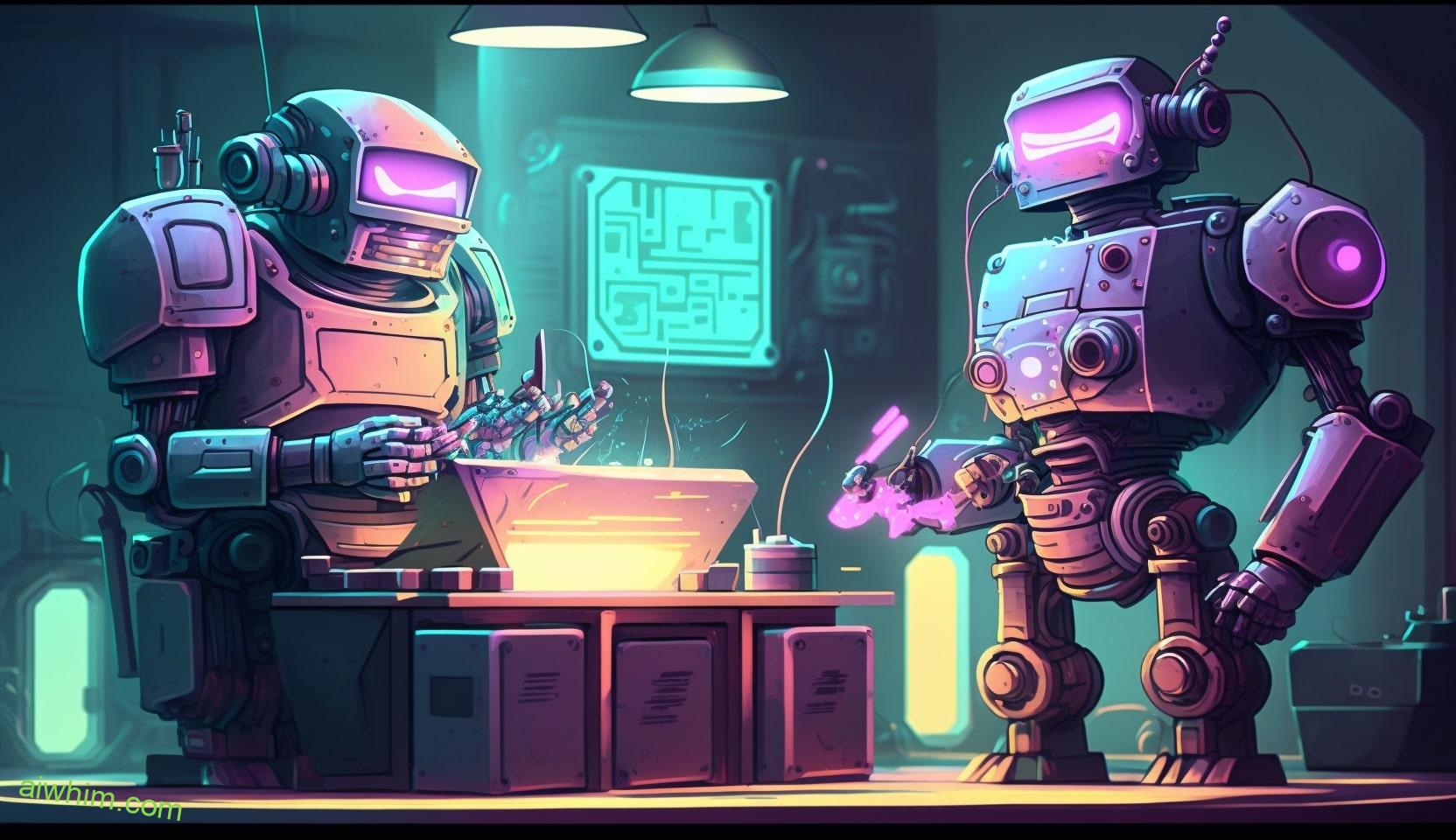
The Benefits and Challenges of AI in QA
An important aspect to consider when implementing AI technologies in QA is the balance between the benefits they offer and the challenges they present. AI in QA brings several advantages, including increased efficiency, accuracy, and speed of testing processes. By automating repetitive tasks and analyzing large volumes of data, AI systems can identify patterns and anomalies that humans might overlook. This can lead to improved software quality and reduced time-to-market for products. Additionally, AI-powered QA tools can enhance test coverage by simulating different user scenarios and identifying edge cases that may not be easily identifiable through manual testing.
However, there are also ethical considerations that need to be addressed when using AI in QA. One concern is the potential bias in AI algorithms. If these algorithms are trained on biased or incomplete data, it could result in discriminatory outcomes during testing or production environments. Developers must ensure fairness and transparency in their models to prevent unintended consequences.
Furthermore, the impact on the job market is another challenge posed by AI in QA implementation. As automation takes over routine tasks traditionally performed by human analysts, there may be a decrease in demand for manual testers. However, this does not necessarily mean that jobs will be completely replaced but rather transformed as new roles emerge that require a combination of technical expertise and critical thinking skills necessary for validating complex systems.
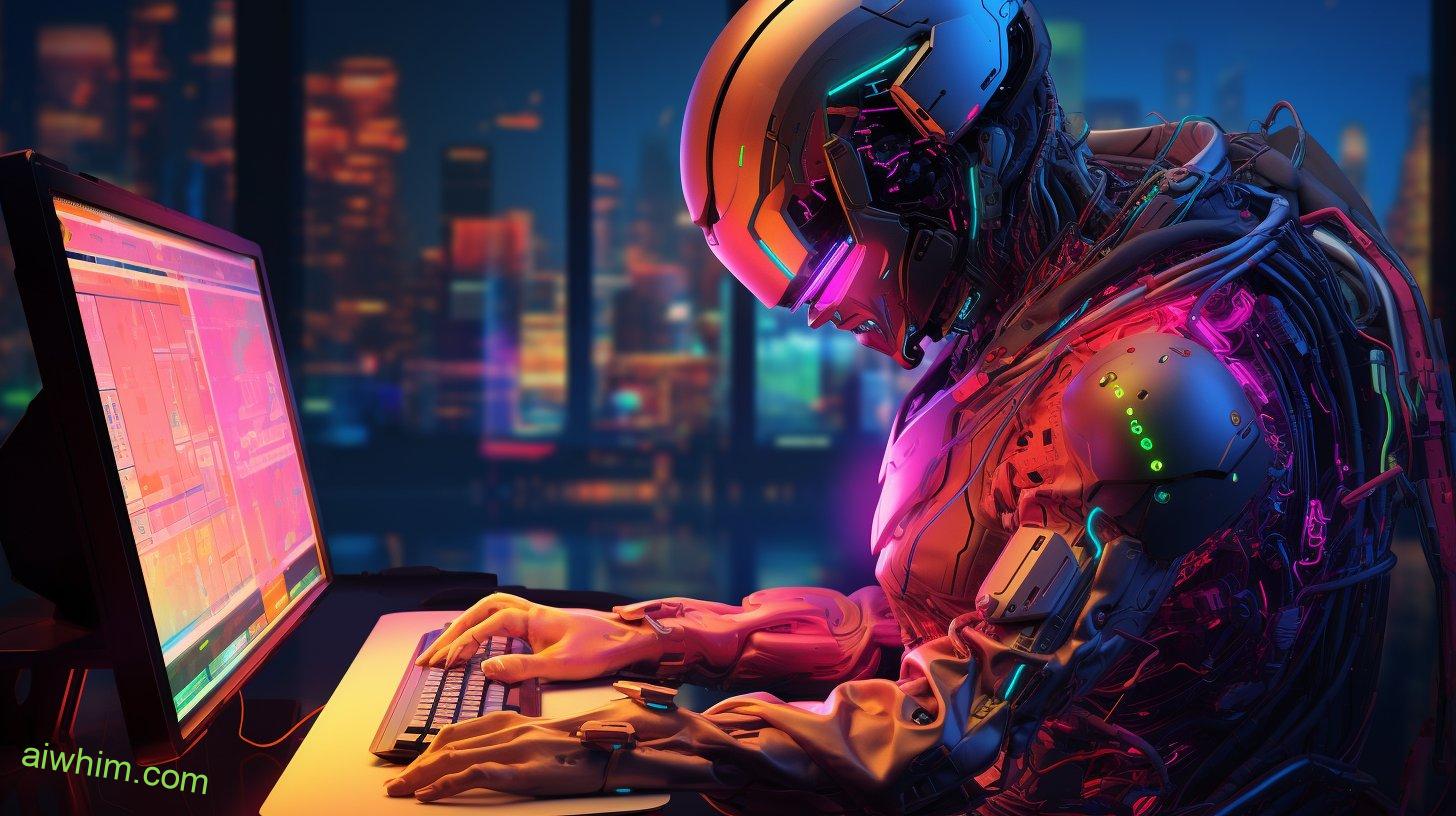
AI-Powered Testing Tools and Techniques
AI-powered testing tools and techniques have revolutionized the way software development teams approach quality assurance. These automated testing tools leverage machine learning algorithms to enhance efficiency, accuracy, and effectiveness in the QA process. By automating various aspects of testing, such as test case generation, execution, and analysis, these tools significantly reduce manual effort and accelerate the delivery of high-quality software.
Automated testing using AI offers several benefits. Firstly, it enables software development teams to increase test coverage by executing a large number of tests in a short period. This ensures that potential defects are identified early in the development cycle. Additionally, AI-powered tools can analyze vast amounts of data to detect patterns and anomalies that may go unnoticed by human testers.
Machine learning algorithms play a crucial role in AI-powered testing tools. These algorithms learn from historical data to predict which parts of the system are more likely to contain defects or require additional attention during testing. By prioritizing the most critical areas for examination, these tools optimize resource allocation and improve overall efficiency.
However, there are some challenges associated with AI-powered testing tools. The complexity and diversity of modern software systems make it difficult to develop accurate models for defect prediction using machine learning algorithms. Moreover, maintaining these models requires continuous monitoring and updating as new features or changes are introduced into the system.

The Future of Software Quality Assurance With AI
The future of software quality assurance lies in the integration of AI-powered testing tools and techniques. These advancements in AI technology have the potential to enhance efficiency, accuracy, and effectiveness in the QA process. With the increasing automation capabilities of AI, there is a concern that certain tasks traditionally performed by human analysts may become obsolete. However, it is important to consider both the positive and negative implications of this technological shift.
From an economic standpoint, the introduction of AI into software testing has the potential to streamline processes and reduce costs for organizations. By automating repetitive and mundane tasks such as test case generation and execution, AI can significantly increase efficiency in QA workflows. This increased efficiency can lead to faster release cycles and improved time-to-market for software products.
On the other hand, there are ethical implications associated with relying heavily on AI in software testing. As machine learning algorithms require large amounts of training data, biases inherent in these datasets can be perpetuated through automated testing processes. This raises concerns regarding fairness and inclusivity in software development practices.
Furthermore, there is also a need for human oversight and intervention when it comes to critical decision-making aspects of software quality assurance. While AI can assist with identifying patterns or anomalies in test results, human judgment is still necessary for interpreting these findings within broader contextual frameworks.
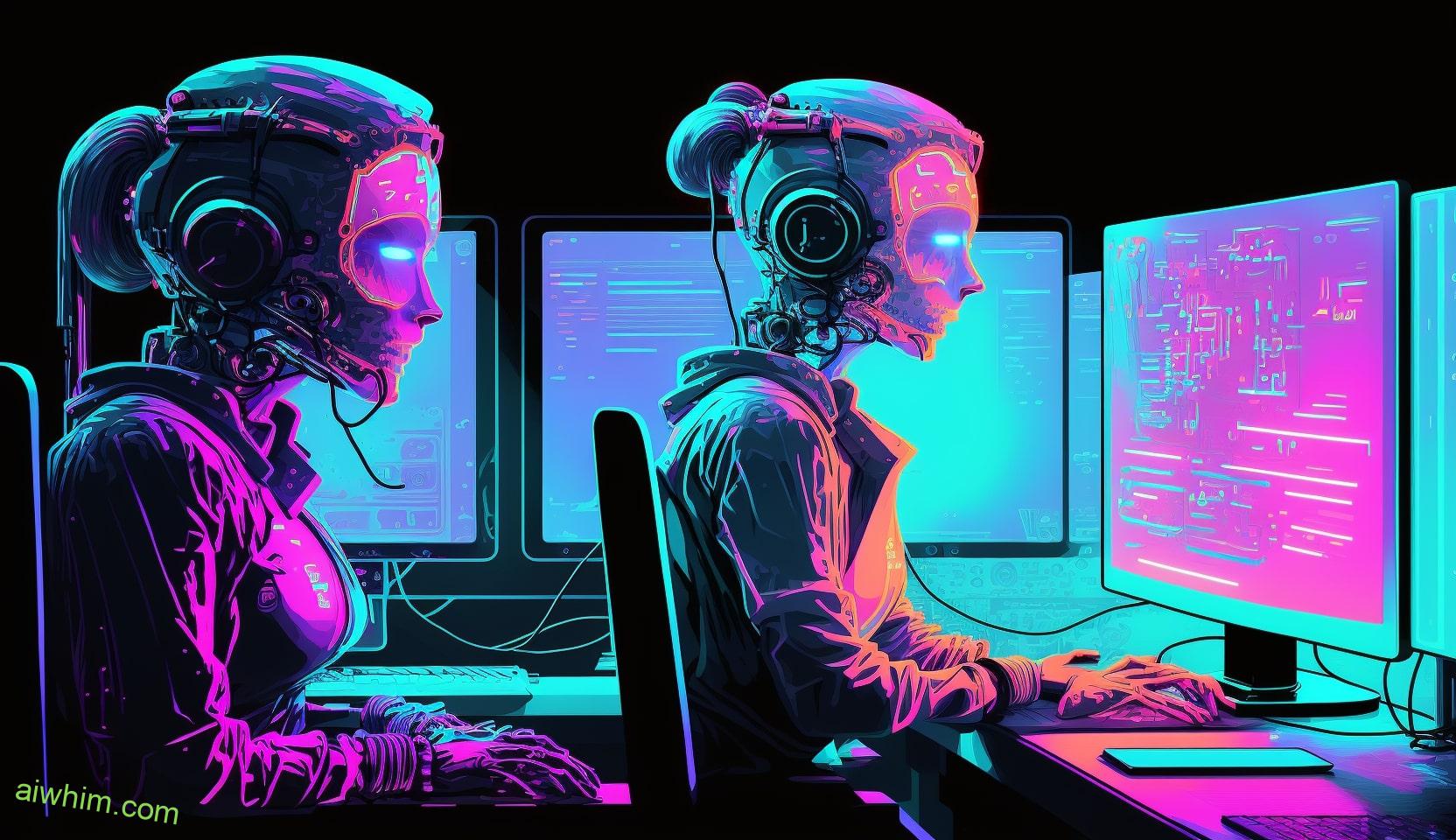
Frequently Asked Questions
What Are the Key Skills and Qualifications Required to Become a Software Quality Assurance Analyst in the Age of Ai?
Key skills and qualifications required to become a software quality assurance analyst in the age of AI involve adapting to AI technologies and incorporating them into SQA processes. This includes proficiency in machine learning, data analysis, automation tools, and understanding AI’s impact on software testing.
How Can Software Quality Assurance Analysts Adapt to the Increasing Use of AI in Their Role?
Adapting to the increasing use of AI in their role, software quality assurance analysts face future challenges. They must acquire new skills, such as understanding machine learning algorithms and data analysis techniques, to ensure effective testing and validation processes.
What Are the Potential Ethical Considerations and Challenges Associated With the Use of AI in Software Quality Assurance?
Ethical considerations and challenges arise with the use of AI in software quality assurance. These include potential biases, lack of transparency, and job displacement concerns. Additionally, limitations and drawbacks must be addressed to stay ahead in this evolving role.
Are There Any Limitations or Potential Drawbacks of Using Ai-Powered Testing Tools and Techniques in Software Quality Assurance?
The utilization of AI-powered testing tools and techniques in software quality assurance may present certain limitations and drawbacks. These include potential challenges in accurately capturing complex human judgment and the inability to fully replace the expertise of human analysts.
How Can Software Quality Assurance Analysts Stay Ahead in Their Field as AI Continues to Evolve and Impact Their Role?
Continuous learning and embracing automation are essential for software quality assurance analysts to stay ahead as AI evolves. By adapting their skills and leveraging AI tools, they can enhance their role in ensuring software quality.

Conclusion
In conclusion, the integration of AI in software quality assurance is a revolutionary development that holds immense potential.
As AI continues to advance and evolve, it has the capability to transform the way QA is conducted.
While there may be challenges and concerns surrounding the replacement of human analysts, it is important to embrace the possibilities that AI brings to improve efficiency and accuracy in testing processes.
The future of software quality assurance with AI is full of promise and anticipation, as we wait to see how this technology will shape the industry.



